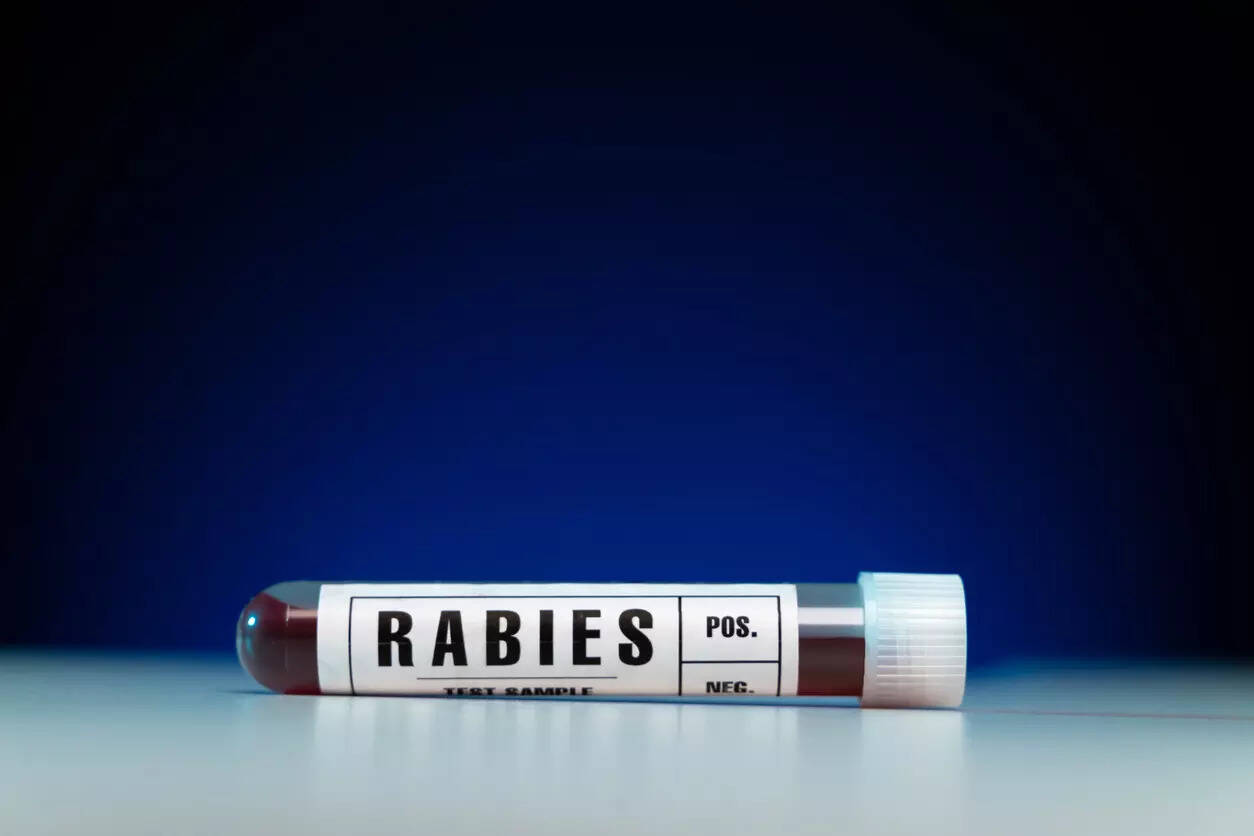
New Delhi: A key factor in reducing or eliminating deaths caused by rabies – a deadly viral infection that spreads to people from the saliva of infected animals, like a dog or cat – is timely administration of anti-rabies vaccine (ARV) doses.
If the person who suffered animal bite has wound/s with bleeding, administration of rabies immunoglobulin (RIG) in addition to the vaccine is advised.
A nationwide survey of 534 health facilities has revealed that while ARVs are available in most public health facilities, RIG is not.
Researchers from the Indian Council of Medical Research (ICMR) Delhi and over a dozen other medical institutions surveyed health facilities in 60 districts across 15 states.
They found that while ARV was available in nearly 80% of the public health facilities, RIG was available in only 20% of them. A report published in The Lancet Regional – Southeast Asia on the basis of the nationwide sample survey showsthat more than half of the private health facilities (55%) providing ARV also had RIG. Both ARV and RIG are provided free of cost at public health facilities. But private facilities charge anywhere between 300 and 600 per dose for ARV and between 3,000 and 6,000 per dose for RIG.
ARV triggers the body’s immune system to produce antibodies against the rabies virus, providing long-term immunity. RIG, on the other hand, contains rabies antibodies and provides immediate protection against the virus. The study calls for making RIG available at primary health care facilities alongside ARV.







